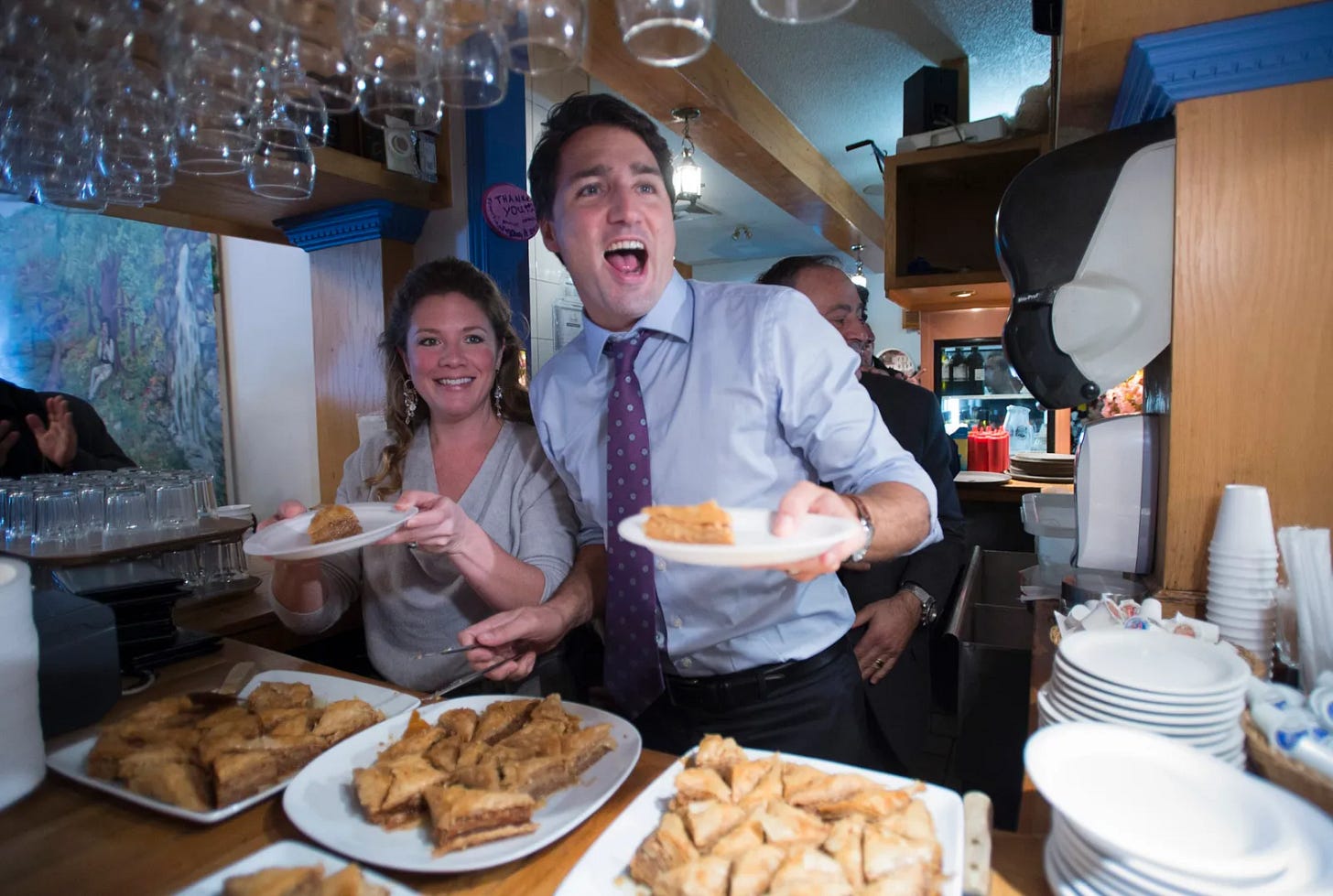Why price controls are a very bad idea
Even if they are well-intentioned (a big if), price controls are a slippery slope to all-out control.

The list of countries that have experienced vicious, rampant inflation is a mile long. Zimbabwe. Venezuela. Argentina. Just to name a few recent examples.
The list of countries that emerged better off on the other side of rampant inflation is perhaps the bigger warning to us in the West.
Spoiler alert: there are virtually none.
Inflation is nothing short of a dangerous cancer for stable societies. Most people without the means or the understanding (and even many with the means and understanding) will find themselves on the losing end of a currency with less and less purchasing power. This, in turn, puts tremendous pressure on families and households, in an insidious and pernicious way.
Imagine waking up one day and paying $150,000,000,000 for 20 eggs. That’s what happened in Zimbabwe in 2008. All of a sudden your retirement savings can’t buy a tank of gas; wages can't cover basic living expenses; credit cards are a bridge to the next paycheck, if there is one.
The anatomy of inflation eventually leads to a host of unhelpful social divisions that leave people desperate for solutions. And desperation makes us all vulnerable to manipulation by nefarious powers only too happy to twist the situation for their own gain. This is what makes inflation such a powerful control mechanism — the willing conscription of people into situations that actually work against their own best interests.
Here’s how that might look: an idea begins to spread that the reason we're in this precarious situation is greedy corporations who are taking advantage and profiting massively. Naturally, the solution is for the ‘Benevolent Government’ to step in on behalf of ‘Innocent Citizens’ to impose price controls on ‘Greedy Corporations.’ Our hero government saves the day by stabilizing the market. The people rejoice.
We are already beginning to see rumblings of this across North America.
"It's not okay that our biggest grocery stores are making record profits while Canadians are struggling to put food on the table," Canada’s Prime Minister, Justin Trudeau, told a press conference in September 2023. He then threatened to impose new taxes on grocery stores if they didn’t find a way to lower food prices.

Trudeau’s claim that greedy grocers are to blame for high prices came just a few months after researchers from Dalhousie University showed that grocery chains had not actually increased their profit margins over the last four years. The researchers compared year-end profit margins of Canada’s three major food chains and found they had stayed “relatively consistent.”
But Trudeau, along with American politicians like Joe Biden, Alexandria Ocasio-Cortez, and Elizabeth Warren, still like to pass the blame on to greedy corporations. It’s really their only option. It’s not like they can own up to disastrous money-printing policies that have flooded the economy with cash and devalued the currency.
‘Price controls’ seem like a much better path for politicians to take. But we all know control is a dirty word. We also know that when the United States, under President Nixon, attempted price controls in the 1970s the results were catastrophic. Only the government wins with price controls — justifying bloat by swelling the ranks of well-salaried bureaucrats charged with implementing the controls, monitoring prices, and creating useless reports to justify their existence. Those who pay for government — in today’s America, a dramatically shrinking middle class — draw the short straw.
A February 2022 article in Reason noted:
Inflation can no more be controlled by fixing prices than your body weight can be controlled by programming your bathroom scale not to display pounds above some maximum number.
And just like masking your weight will not improve your diet, the misinformation conveyed by price controls will worsen the economy. Most of the time, prices are not simply set by an all-powerful seller; they're a measurement of what consumers and sellers agree a product is worth. They tell entrepreneurs and businesses how to move resources from activities consumers want less of to those consumers value more.
The cure for high prices is high prices. As tough as that is to accept, it’s worth repeating: The cure for high prices is high prices.
With everything now skewed terribly by unhinged government policies, all natural manners of price discovery appear to be lost. And the ways of subverting important market forces are getting increasingly clever. The U.S. strategic petroleum reserve, for example, is now a mechanism used by the government to keep gas prices ‘stable’.
As the name suggests, the government stockpiles fuel for strategic reasons such as war or massive supply chain interruption. Which we don’t have… at least, not yet.
Last year, the Biden administration made the largest-ever sale from the reserves, draining off 180 million barrels to combat soaring prices at the pumps. It has done a poor job restocking that reserve. [That’s an actual government chart, likely left that small on purpose. Use your browser to zoom in — Ed]
Thus, the true price of fuel is being masked by added synthetic supply. Why? Well, think about how much harder it would be to conduct day-to-day business with the true market price of fuel. But if a correction is what’s needed to reverse soaring costs, the synthetic supply does two very destructive things: it kicks the can of true price discovery down the road; and, it drains something that is critical to our national security.
Ludwig von Mises, the proverbial godfather of the Austrian School of Economics, delivered a lecture in 1950 in which he stated:
… when this state of all-round control of business is attained, there can no longer be any question of a market economy. No longer do the citizens by their buying and abstention from buying determine what should be produced and how. The power to decide these matters has developed upon the government. This is no longer capitalism; it is all-round planning by the government — it is socialism.
Do you really think it’s a good idea for government to decide what businesses and entrepreneurs can produce, and how much they can produce? Should the government decide who should buy from whom, and at which price things should be bought or sold? Where people should work and how much they should get paid?
Price controls are, as Mises describes, a slippery slope to all-out control.



This is a really well written and detailed article that I very much enjoyed reading. I wish I had a few dollars to give you for your coffee, but I don't have any dollars to give you at the moment. Just wanted to tell you that I really enjoy your writing.
It is hard to get into. A lot of the economics stuff is very much tailored to present an agenda rather than just explain how things work. A fairly even handed approach is done by EconomicsExplained on YouTube. He presents diverse schools of economics and doesn't really get into which one is "Right" but rather just says that this school believes this and that school believes that.